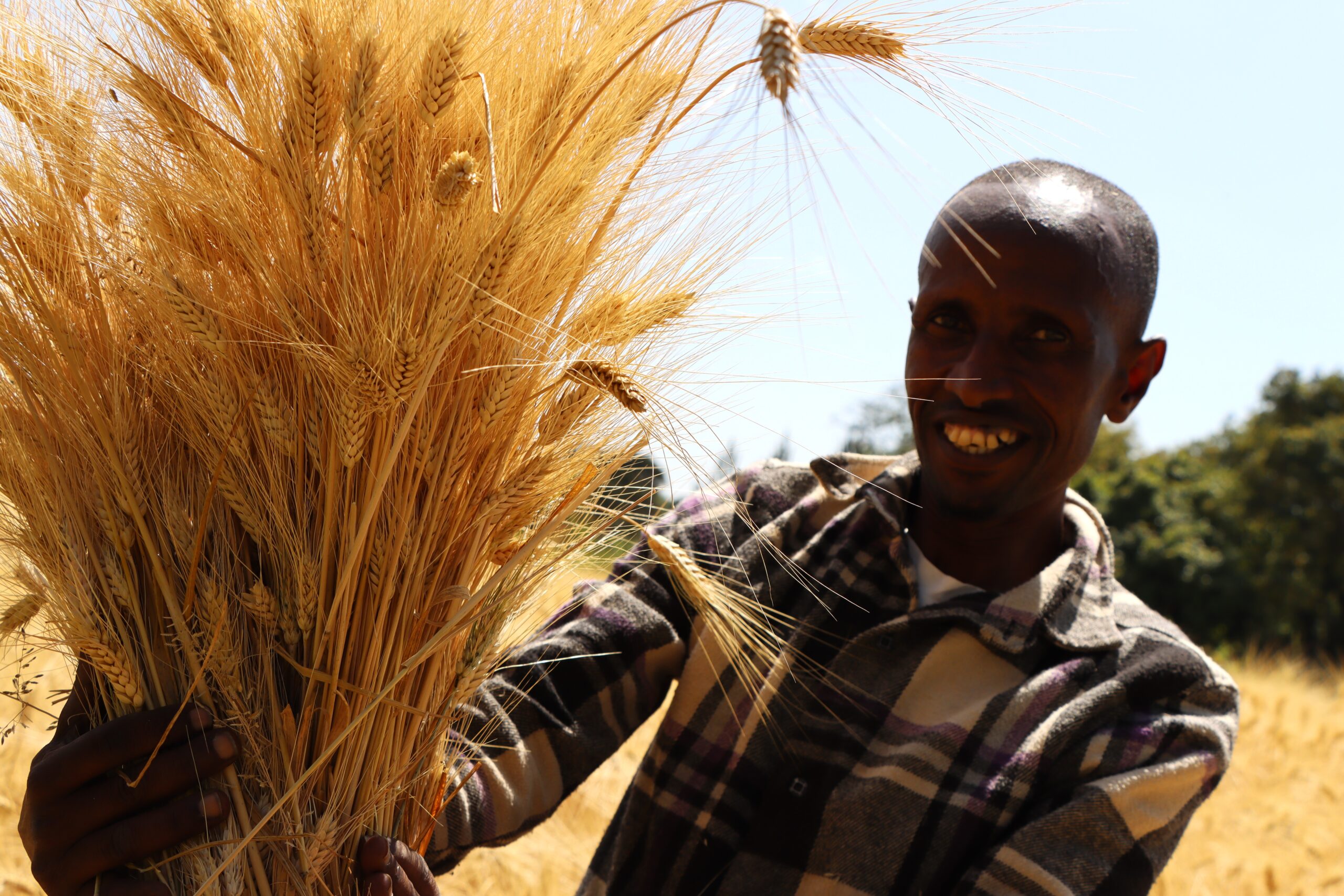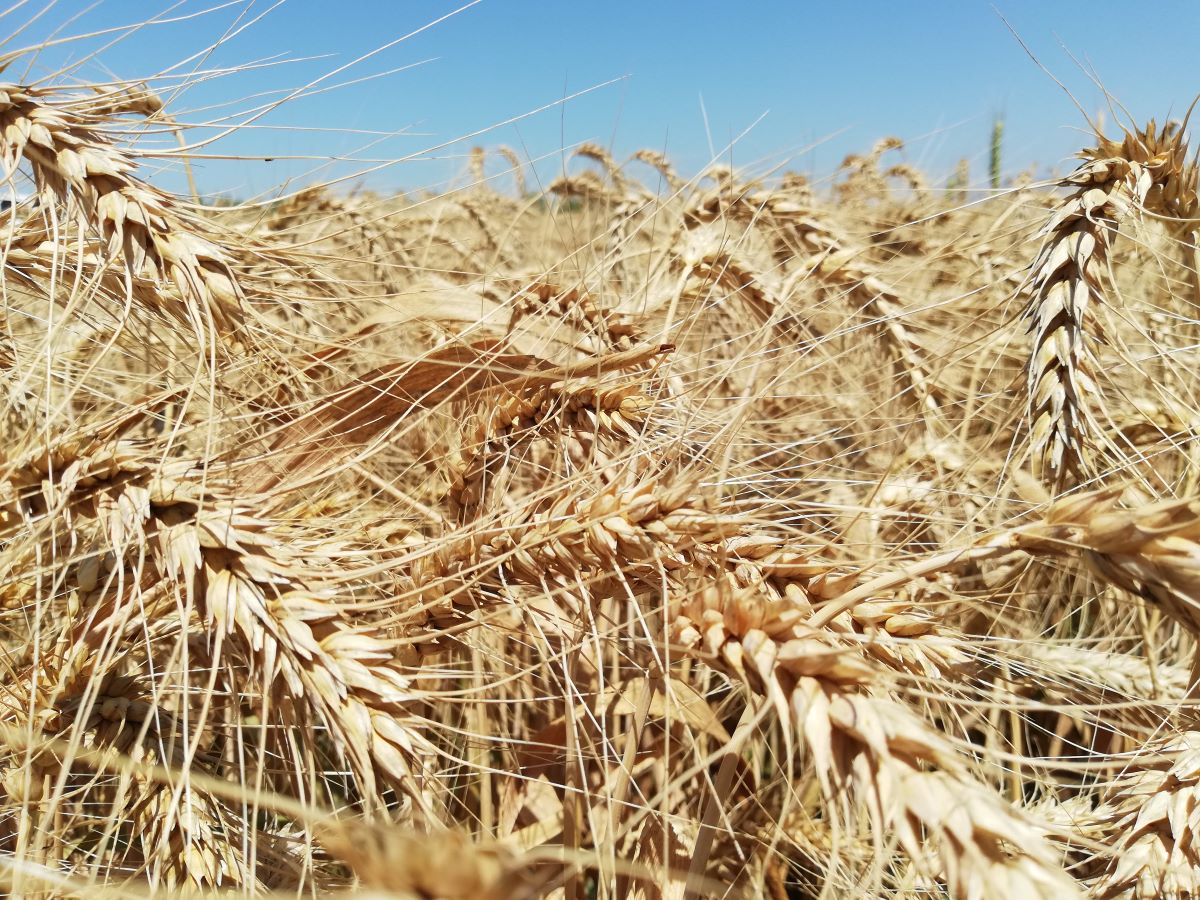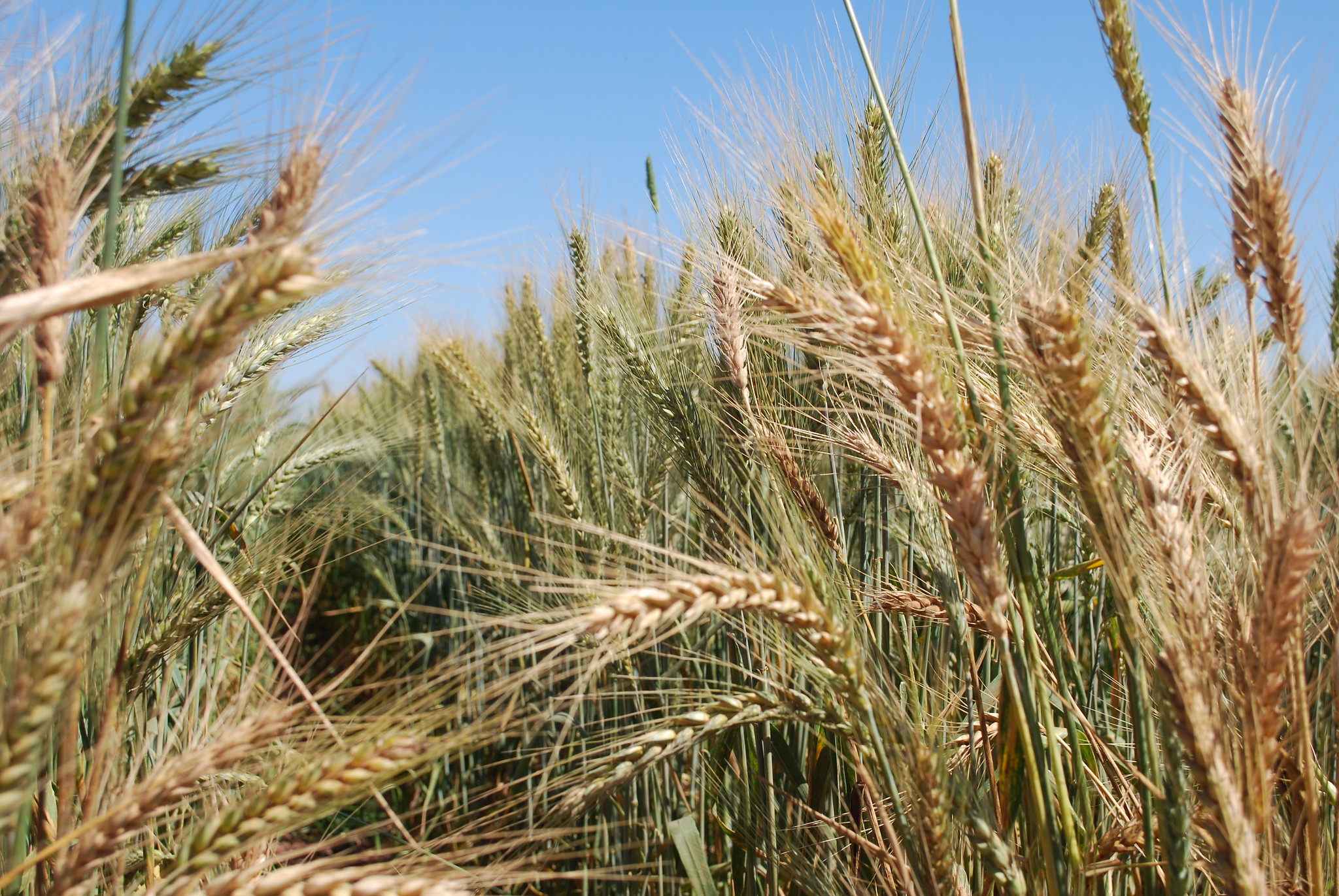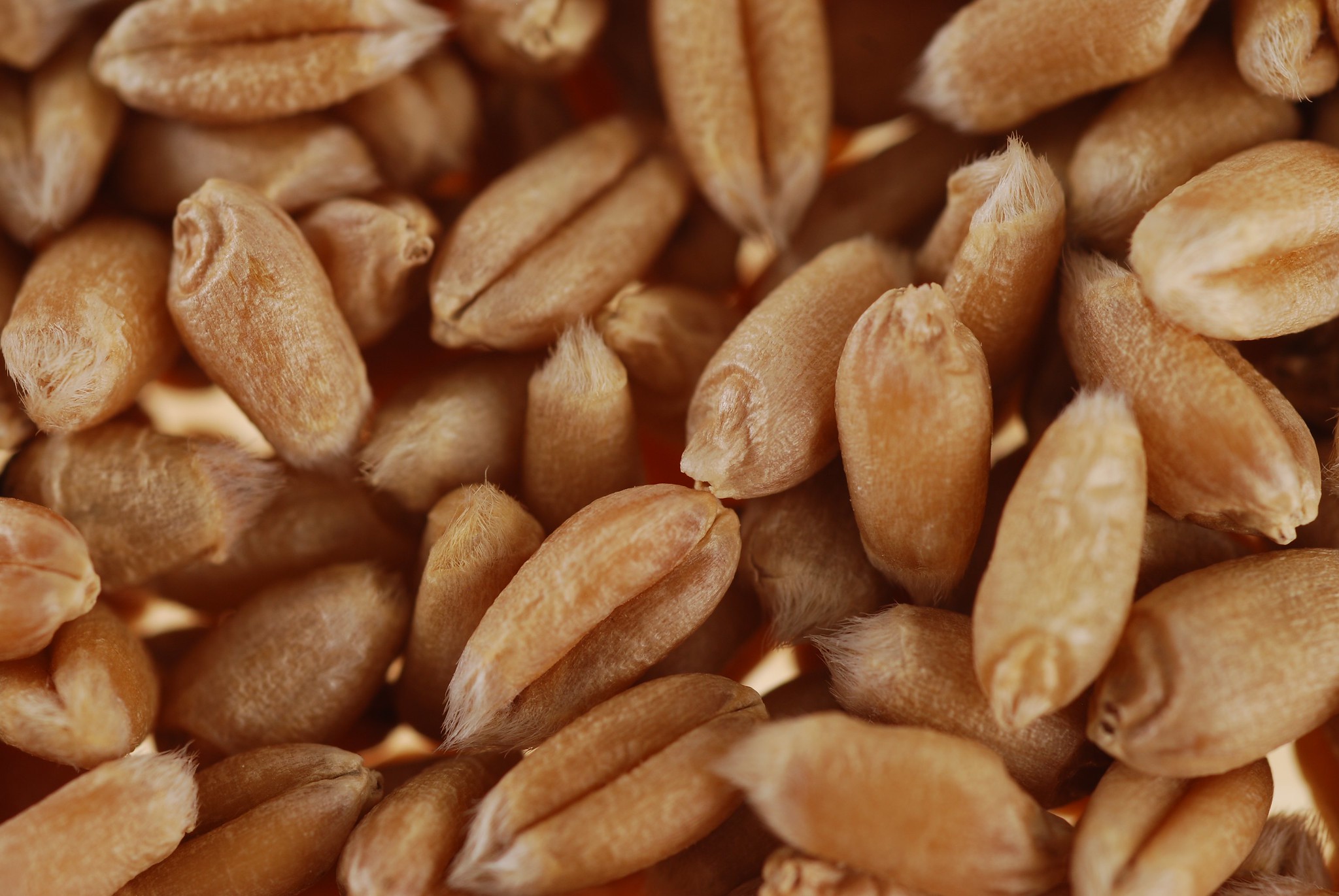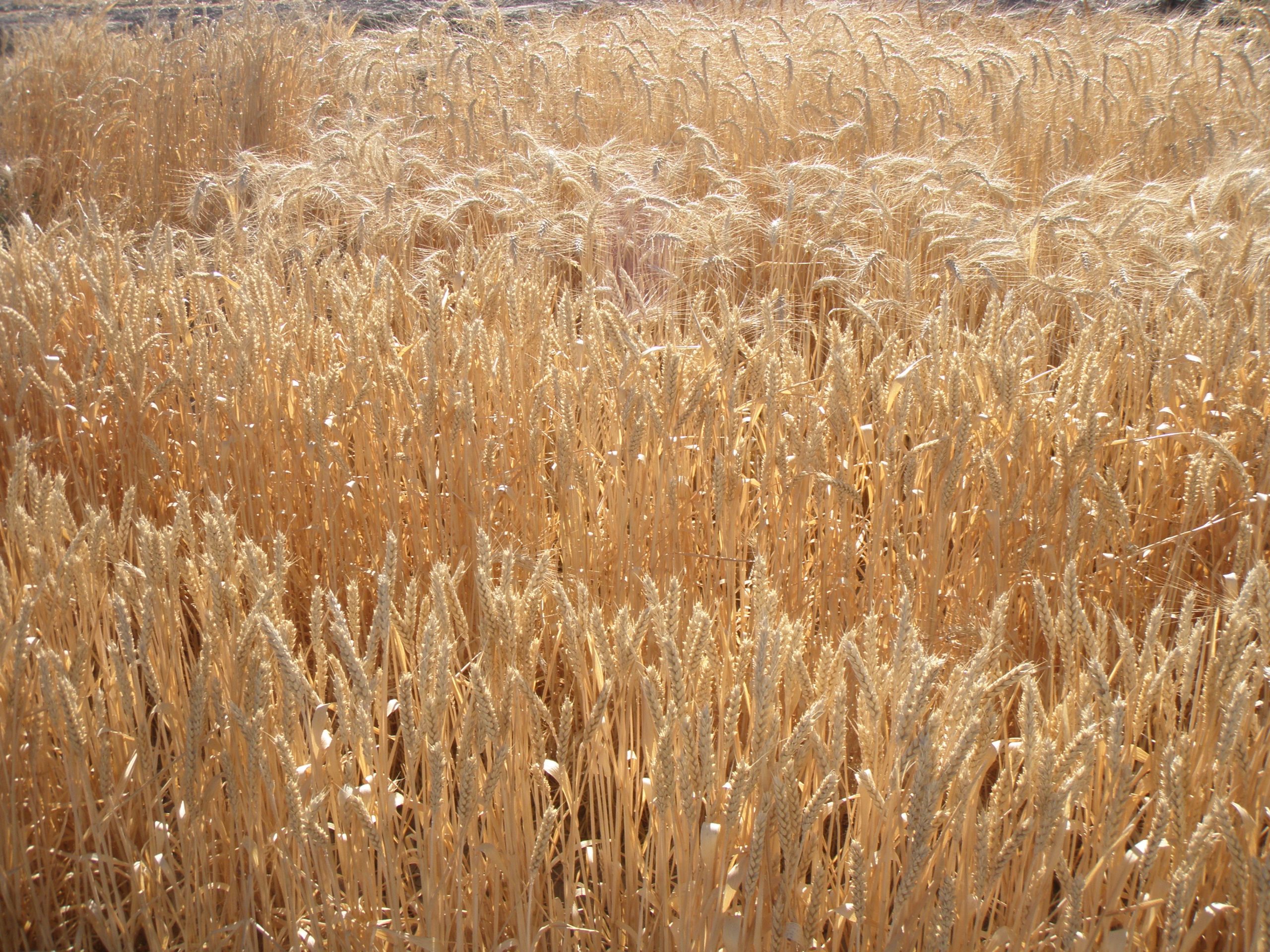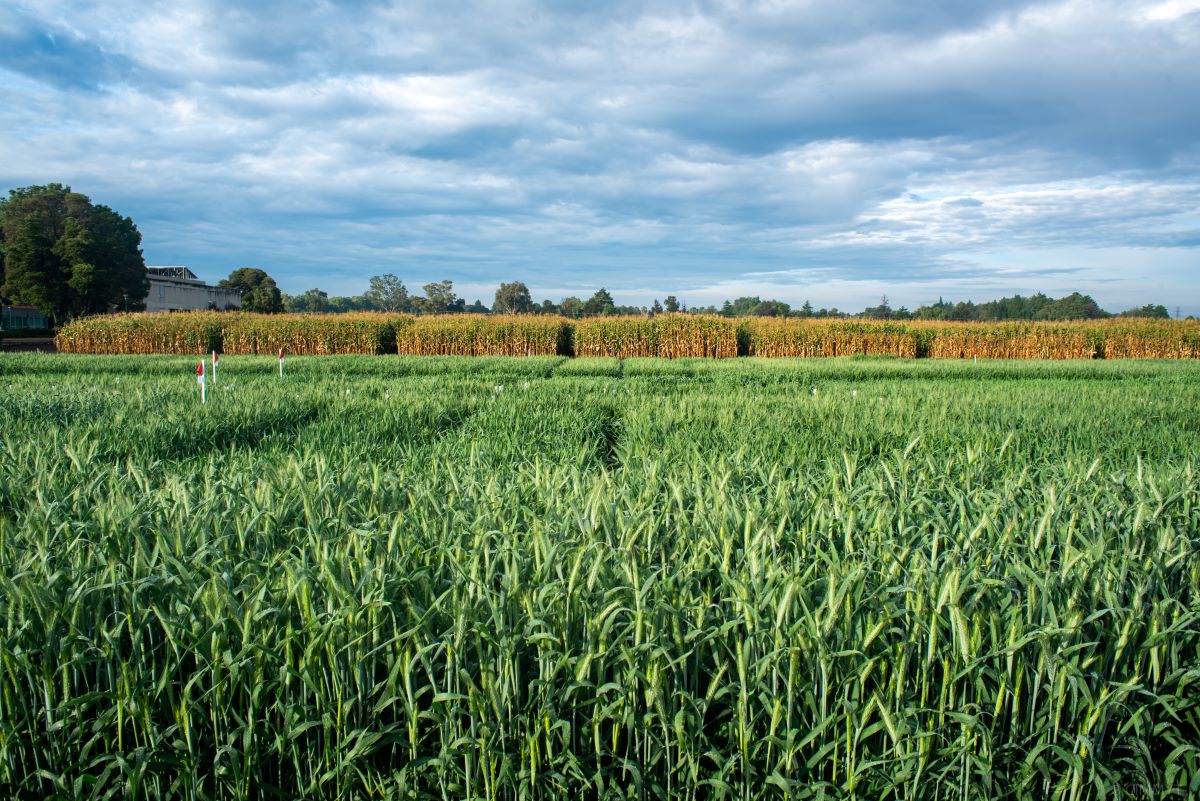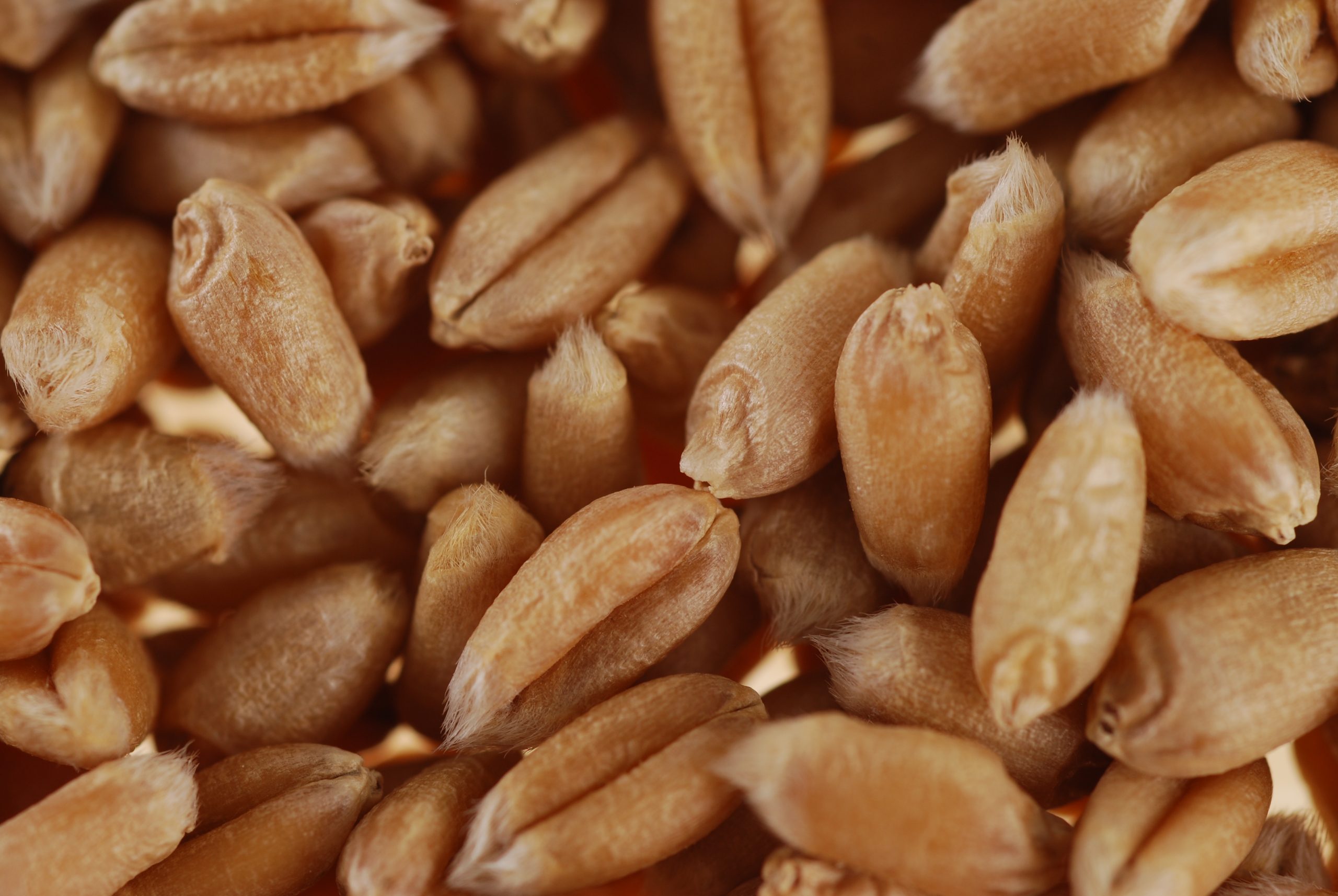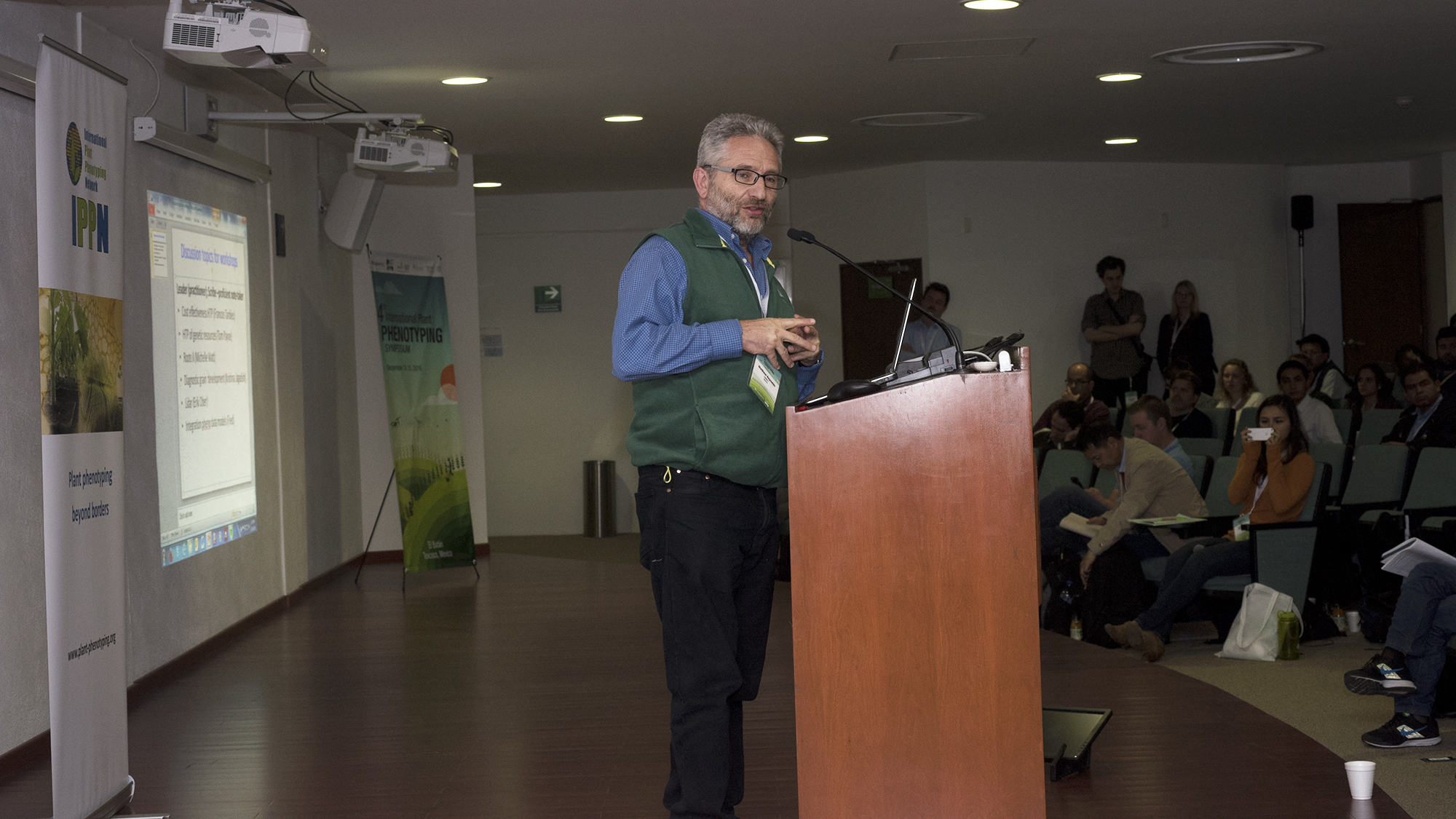Wheat
CIMMYT Appoints Flavio Breseghello as Global Wheat Program Director
 Capacity development
Capacity development
CIMMYT has appointed renowned wheat breeder Flavio Breseghello as Director of the Global Wheat Program to lead innovative, climate-resilient research at a critical time for global food security
CIMMYT drives wheat production systems and enhances livelihoods in Ethiopia’s Lowlands through the ADAPT-Wheat Project
 Innovations
Innovations
CIMMYT is enhancing wheat production in Ethiopia’s irrigated lowlands with stress-tolerant varieties, modern mechanization, and farmer capacity-building to strengthen food security
In Memory of Leonardo Crespo
Leonardo Crespo Herrera, a respected scientist in wheat research, made significant contributions to agricultural innovation and collaboration, leaving a lasting influence in the field
The International Wheat Yield Partnership (IWYP) announces new program director
 Climate adaptation and mitigation
Climate adaptation and mitigation
The International Wheat Yield Partnership (IWYP) and the Biotechnology and Biological Sciences Research Council (BBSRC) have appointed Dr. Jeff Rosichan as IWYP Program Director
CIMMYT visit celebrates strategic scientific partnership
 Capacity development
Capacity development
Source: John Innes Centre ()
CIMMYT and the John Innes Centre are advancing global wheat research through a strategic partnership focused on innovative solutions for disease resistance, productivity, and sustainable food systems
CIMMYT and Novo Nordisk Foundation expand collaboration to drive sustainable agriculture
 Capacity development
Capacity development
CIMMYT and the Novo Nordisk Foundation are partnering to advance sustainable agriculture, address food security and climate change, and empower farmers worldwide.
CIMMYT’s Matthew Reynolds receives 2024 China Friendship Award
 Capacity development
Capacity development
The award recognizes Reynold’s innovative contribution to crop science and his role in promoting cooperation between CIMMYT and China
Wild wheat: The key to food security in a warming world
 Climate adaptation and mitigation
Climate adaptation and mitigation
Increased investment in researching the crop’s grassy cousins can yield a new generation of varieties that are not just climate-resilient, but also environmentally regenerative
CIMMYT Director General visit to UQ
 Capacity development
Capacity development
Source: The University of Queensland ()
CIMMYT Director General Bram Govaerts’ visit to UQ strengthened a long-standing partnership focused on advancing sustainable agriculture and food security
Innovative Integration of Cutting-Edge AI and Genetic Diversity in Wheat Breeding Revolutionizes Agricultural Practices
 Climate adaptation and mitigation
Climate adaptation and mitigation
Through innovative collaboration and cutting-edge technology, CIMMYT is revolutionizing wheat breeding, developing varieties that not only yield more but also thrive in adverse conditions, addressing the urgent global need for food security
How ancient wild relatives of wheat could safeguard our food supply
 Climate adaptation and mitigation
Climate adaptation and mitigation
A CIMMYT study shows ancient wild wheat relatives can boost climate resilience and disease resistance in modern varieties
Ancient Wild Relatives Hold Key to Climate-Proofing Global Wheat Supply
 Climate adaptation and mitigation
Climate adaptation and mitigation
Ancient wild relatives of wheat may hold the key to climate-proofing global food security by providing essential genetic traits for adapting wheat to the growing challenges of climate change, according to new research from CIMMYT
Embracing the future of crop breeding
 Innovations
Innovations
Source: Farmers Guide ()
Wheet breeder, Bill Angus, highlighted CIMMYT’s success in global crop breeding as a model for improving the UK’s agricultural strategies
CIMMYT Distinguished Scientist Matthew Reynolds named recipient of the 2024 International Crop Science Award
 Climate adaptation and mitigation
Climate adaptation and mitigation
The annual award recognizes individuals who have made excellent contributions to crop science through knowledge-sharing, national and international collaboration, and research impact.
